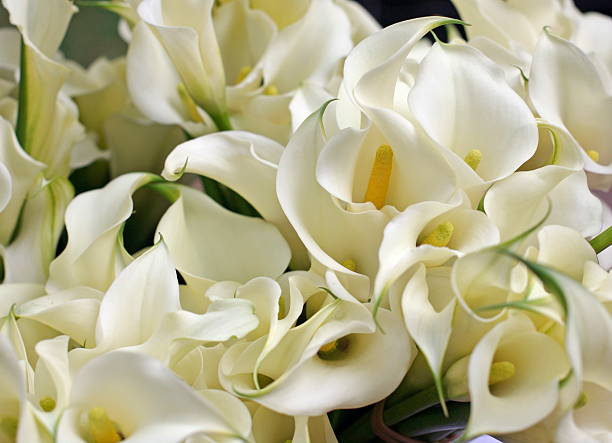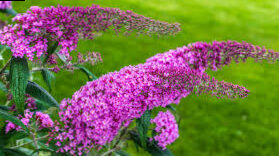129
A decade It is a vigorous bush, low maintenance and abundant flowering. There are many varieties on the market, with different types of growth and colors ranging from white to blue, through different shades of roses. Buddleja Davidii is the most common species. This bush of semi -educational grows a lot, reaching up to two meters in height.
Scientific name: David Buddle
Popular names: Budleya, butterfly tree, honey flower, butterflies bush, summer lilac
Family: SCROFULARIACEAE
Category: Shrubs
Climate: Mediterranean, subtropical, temperate
Origen: Asia, China, Japan
Height: From 0.6 to 2.4 meters
Incandescent: Full sun
Vital cycle: Perennial plants
Acerca de Buddleia (Buddleja Davidii)
THE Buddleia (Buddles Davidii), also commonly known as butterfliesIt is a very appreciated ornamental plant for its ability to attract butterflies and other pollinators due to its fragrant and colorful flowers. Belongs to the family SCROFOLACEAE And it is originally from China, although it has spread widely from various parts of the world due to its beauty and ease of culture.
Buddle features (Buddleja Davidi)
- Flowering: Buddleia produces clusters of elongated flowers, which can be of different colors, including viola, white, pink, red and blue. The flowers have a tubular shape and are very aromatic, which makes them attractive to butterflies and other pollinators. Its flowering generally takes place during the summer, sometimes continuing to autumn, depending on the time.
- Habit of growth: This plant is a rapid growth bush that can reach the maximum between 2 and 3 meters, although some varieties can grow even more. It has an extensive shape, with arched branches that bend towards the ground due to the abundance of flowers. Its foliage is lanceolate, grayish green, which contrasts very well with the vibrant color of the flowers.
- Aroma: The flowers of Buddleia are very fragrant and emit a sweet smell that attracts both butterflies and other moths and bees. This aroma makes the plant particularly attractive for the gardens that try to encourage pollination.
- Roots and maintenance: The roots of Buddleia are quite deep and allow them to resist the periods of drought, which once makes it a resistant plant. In addition, the plant is quite tolerant with a variety of soils, although it prefers well -drained soils.
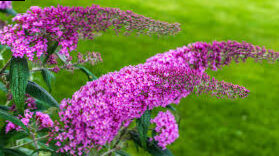
Plantación
It must be cultivated in full sun, in fertile, light and drainage soils, enriched with organic substance and regularly watered during installation.
It can be planted in the coastal areas, tolerating the winds and saline soils well. His maintenance is simple.
It also resists short periods of drought, once well consolidated, but fears the stagnation of the water, which quickly rot its roots.
It stimulates new flowers by eliminating old inflorescences.
- At the end of winter, make a deeper pruning to renew the vigor and beauty of the plant. Do not use insecticides in the plant during flowering.
- It is multiplied by seeds and cuttings of semi -and, rooted in spring.
- Given its very vigorous growth, it is necessary to calculate the space around the gems to allow their development.
- These shrubs can be planted along the coasts with maritime exposure and tolerate aspirations.
- Dwarf varieties can be planted in pots on a balcony or a sun terrace.
- These are very resistant plants to parasites and diseases.
- This resistant bush offers 6 -inch blue lavender cob from June to October.
- Of his numerous small blue flowers with an orange yellow heart, collected in dense clusters, a beautiful silver green foliage emerges, crowned by numerous butterflies attracted by its sweet aroma.
- Its modest dimension is particularly suitable for small spaces and large quantities of perennial plants.
Decorative and landscape use
For the landscape it is an excellent addition, especially for those who love to have butterflies in the garden.
It combines Buddleia with colorful shrubs such as Crotons (Codium Various), Hungry (Loropetalum Chinese) or Azaleas)
Budlea pruning
- A Buddleia It requires annual pruning to guarantee new strongest outbreaks and with a greater profusion of flowers.
- This annual maintenance pruning should be made at the end of winter and early spring, with the aim of eliminating the oldest and woody branches.
- In this way we stimulate the production of new branches and guarantee more beautiful flowers.
- If the Buddley are not pruned every year, they are not very attractive, very dense, full of thin flowers, weak and without.
I knew …
Buldeia is known as the tree or butterfly bush.
Its flowers are fragrant, with fragrance similar to honey and rich in nectar, attracting a wide variety of butterflies and bees
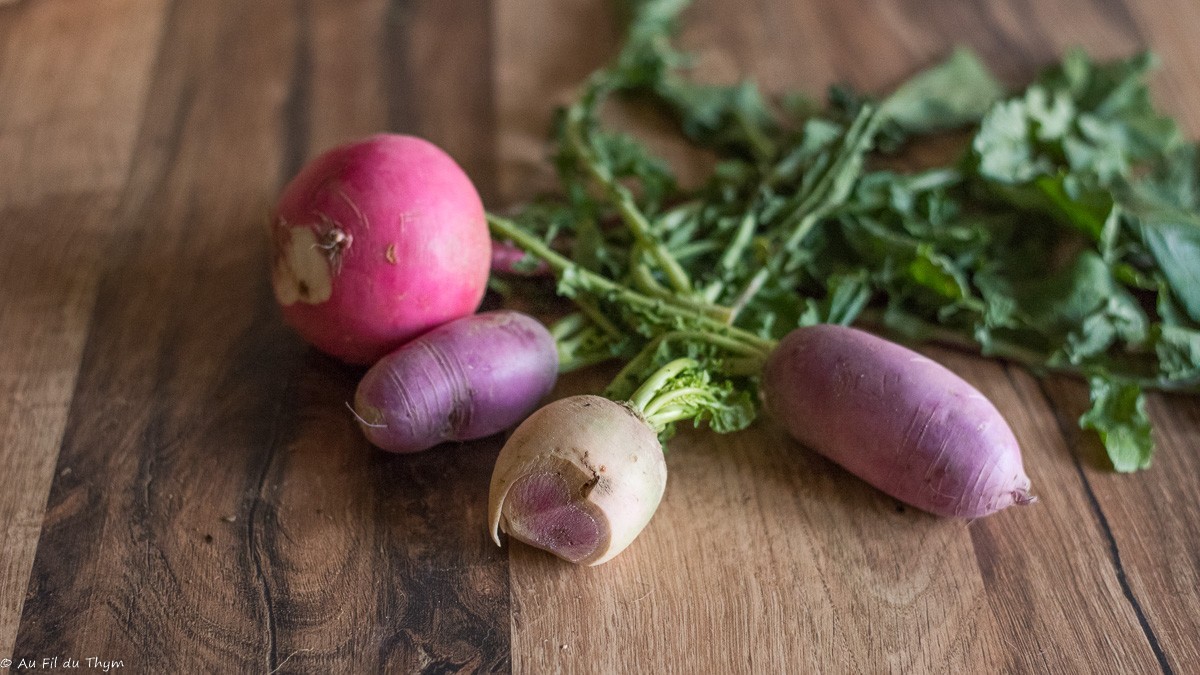
How to cook winter radishes?
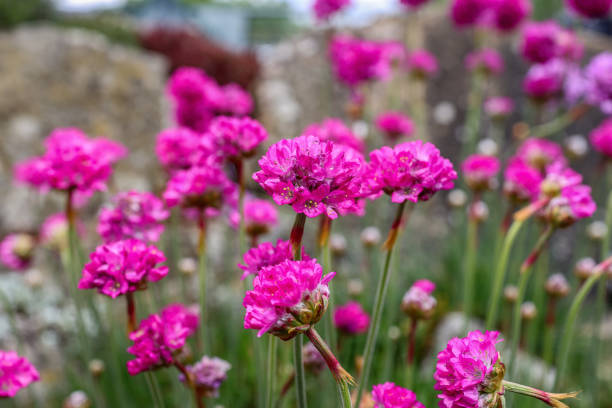
FLOWER CLOVE-MARITIMA ARMERIA: Cultivation and care
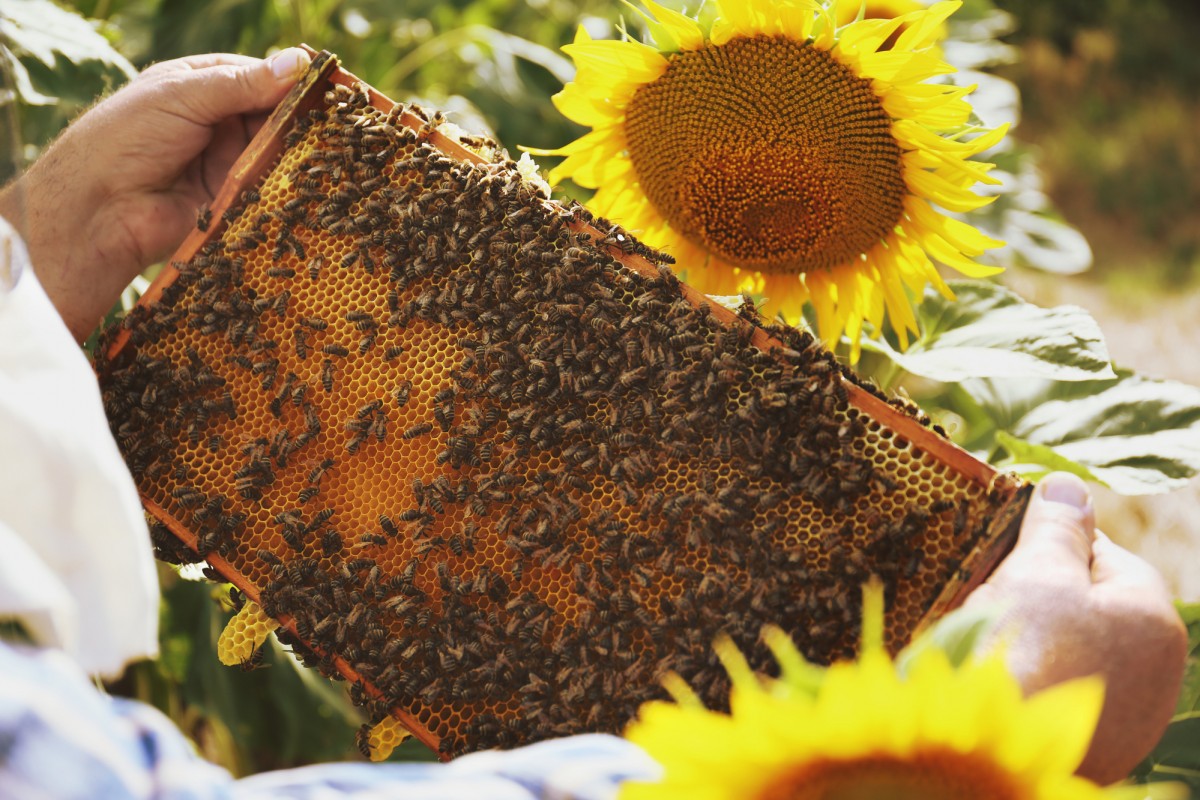
The importance of bees for pollination
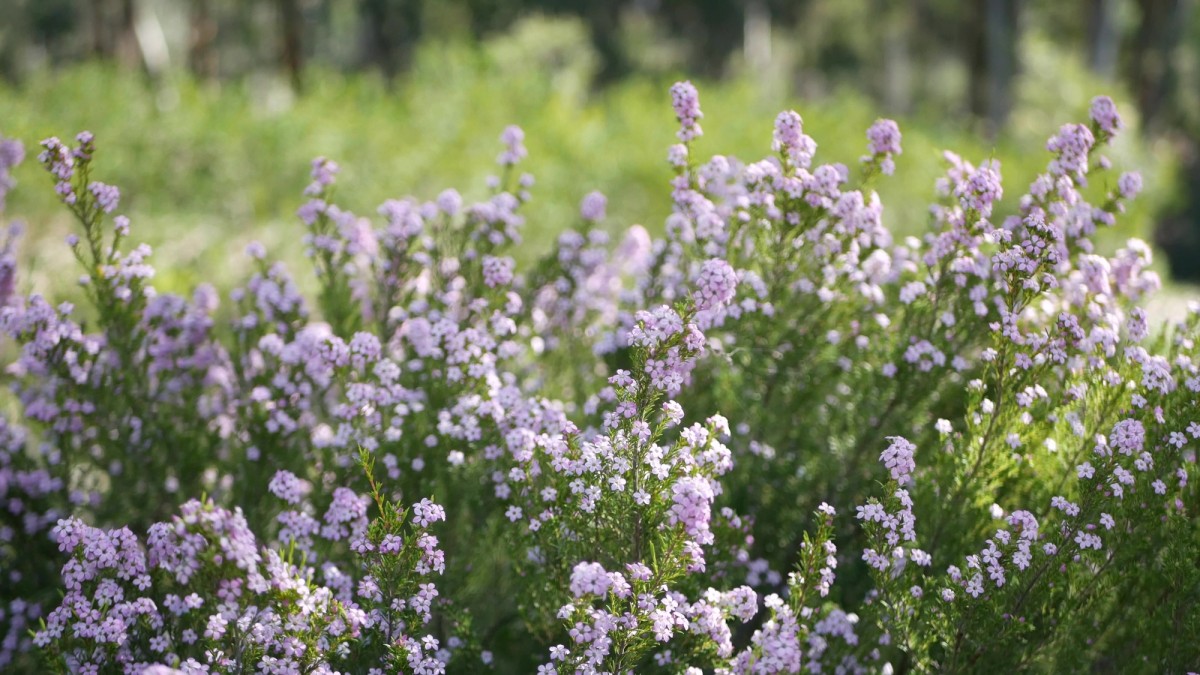
The final guide on how to plant, take care and discover the origin of Coleonema
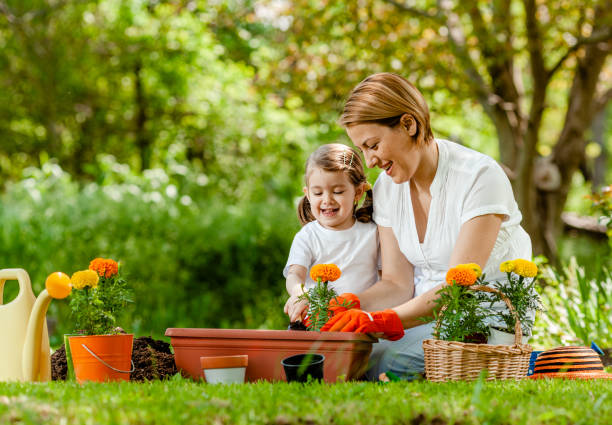
The wisdom of the garden: the influence of popular proverbs on the plantation and the care of natural flowers
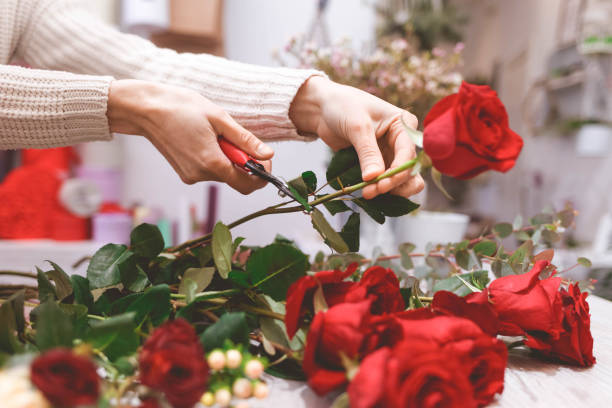
Let's discover the rose and its secrets: the May plant
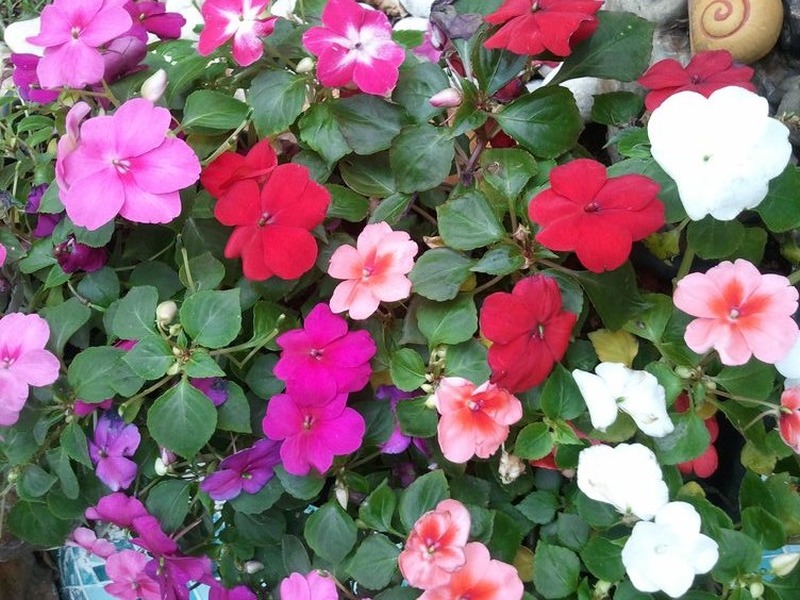
Friar Kiss – Balsamin Family
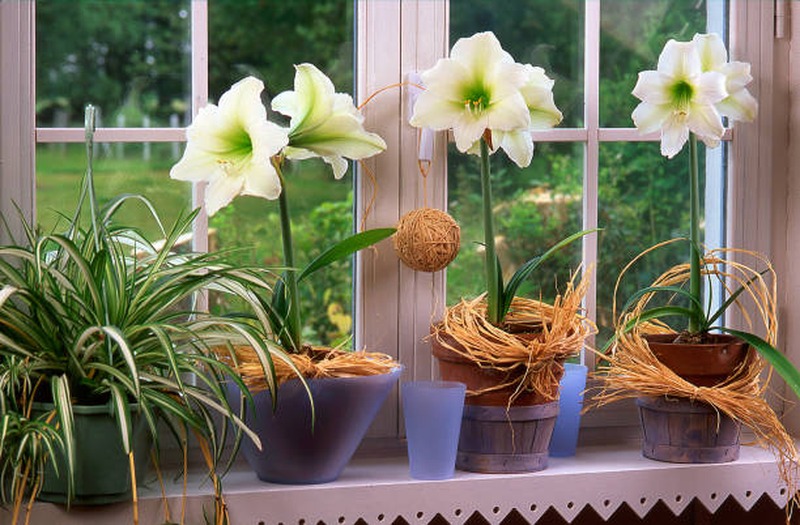
Amarilis – Learn to take care (Hippeastrum Hybridum)
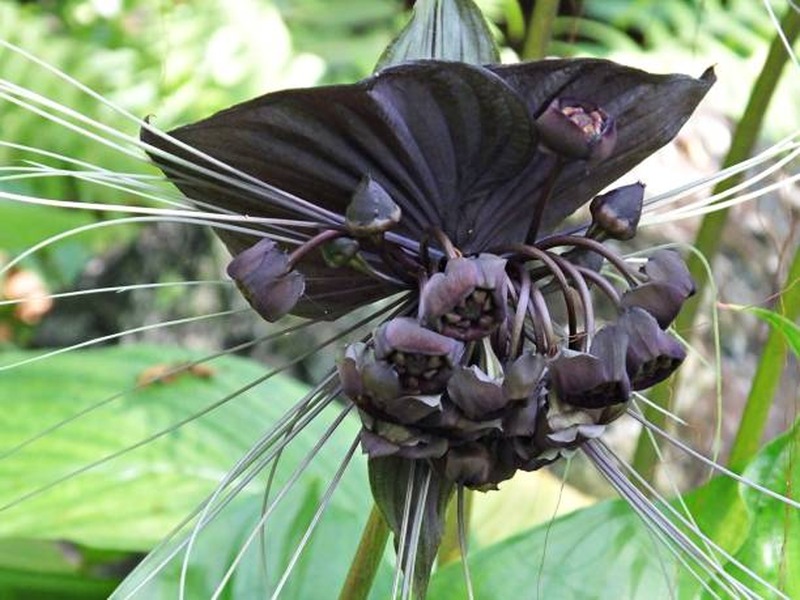
CHANTRIERI NOC – The bat flower has flowers resemble the bats
